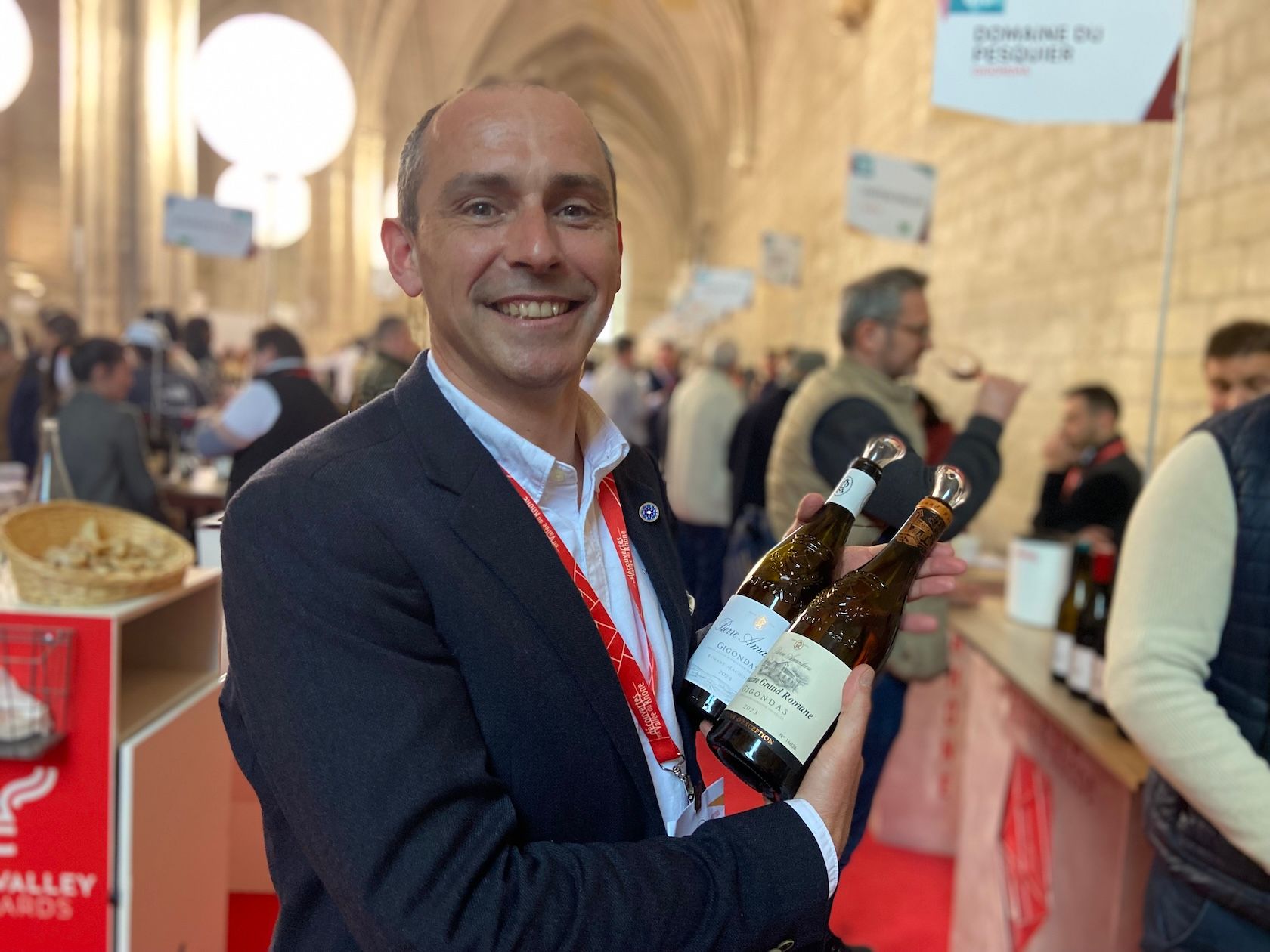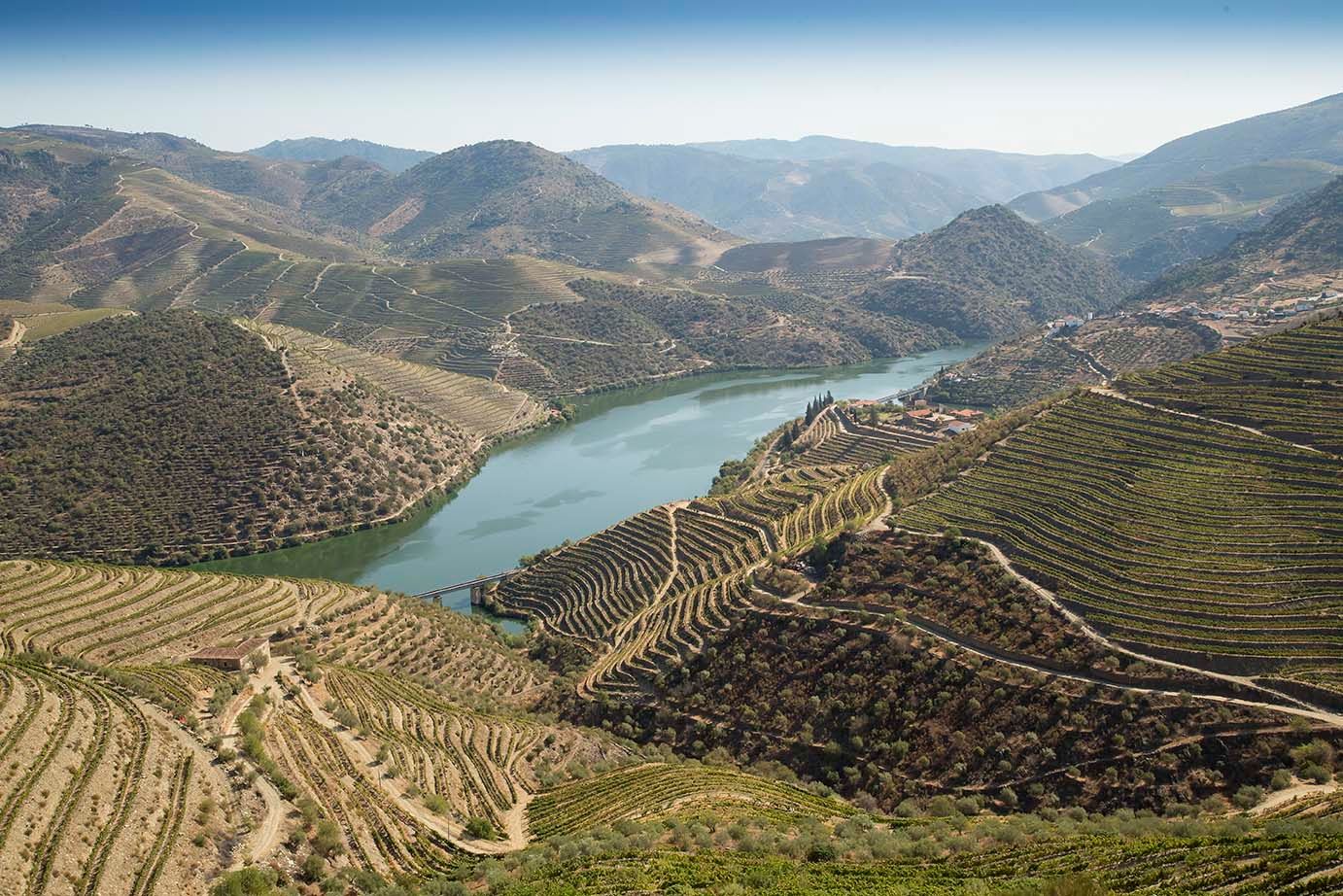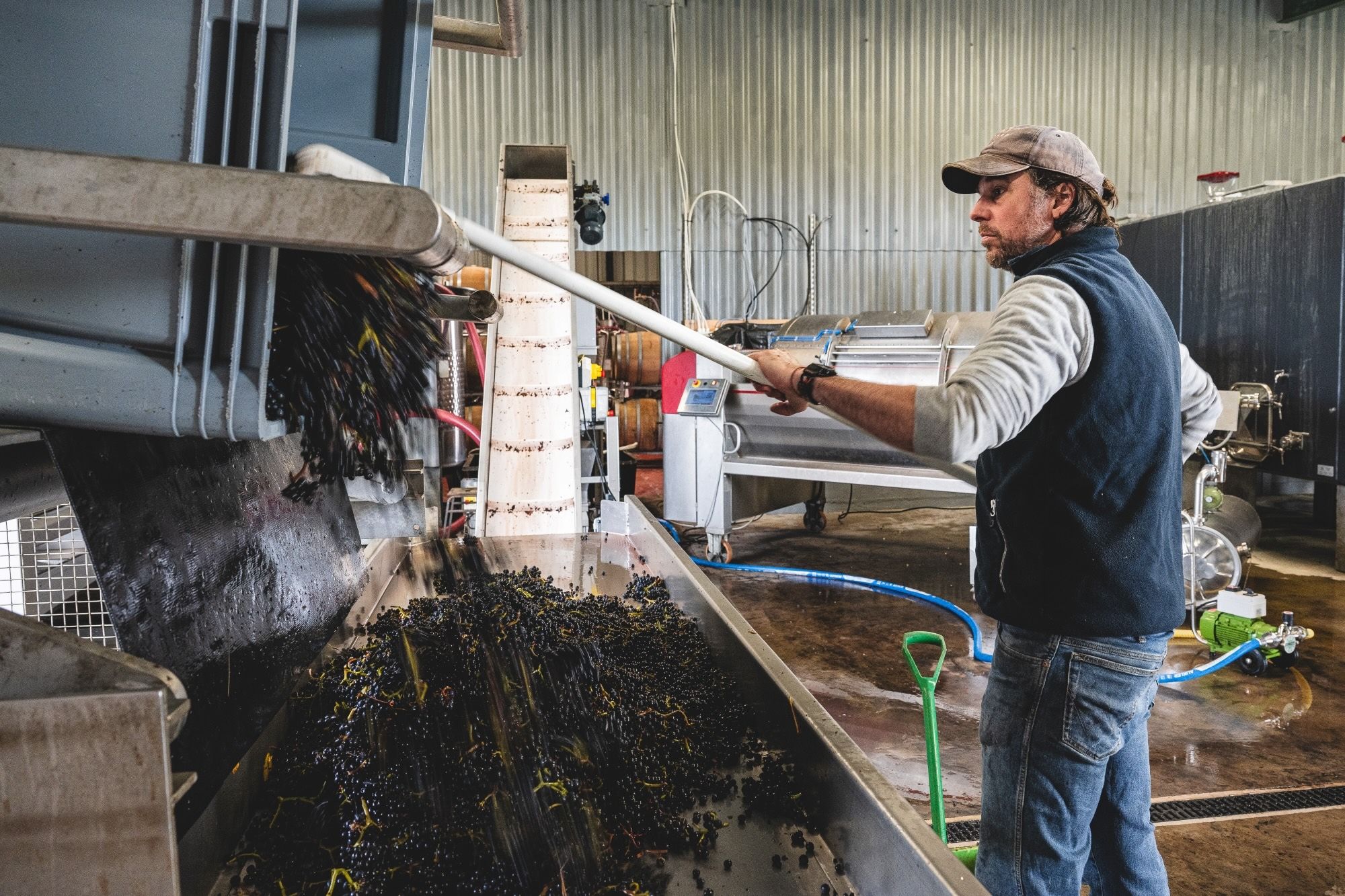If the Liberation Group was to achieve what it wanted with the recently acquired Butcombe Brewing Co, and its growing pub company, it needed outside help, which is when it turned to Bibendum Wine.
The Liberation Group likes to go about its business largely behind the scenes, getting on with running what is now a complex pub, brewery and drinks wholesale business that stretches across the Channel Islands and into the UK.
With both a strong freehold and growing managed pub business it is the market leading player in the Channel Islands, with 42 pubs in Jersey, 25 in Guernsey, three in Alderney and now 43 in the UK.
Supporting them all are its two own breweries, the Liberation Brewery, which can now claim 148 years of brewing in the Channel Islands and the Butcombe Brewery in Bristol, which has recently celebrated its 40th anniversary. It also runs three separate distribution businesses Victor Hugo (Jersey), Bucktrout & Co (Guernsey), and Butcombe Beer Store (UK).
Whilst the company has been steadily growing for some years, it was when it first made a serious move into the UK, with the acquisition of the Butcombe Brewery business in 2015, and with it a network of 19 managed pubs, that it really saw a step change in the company.
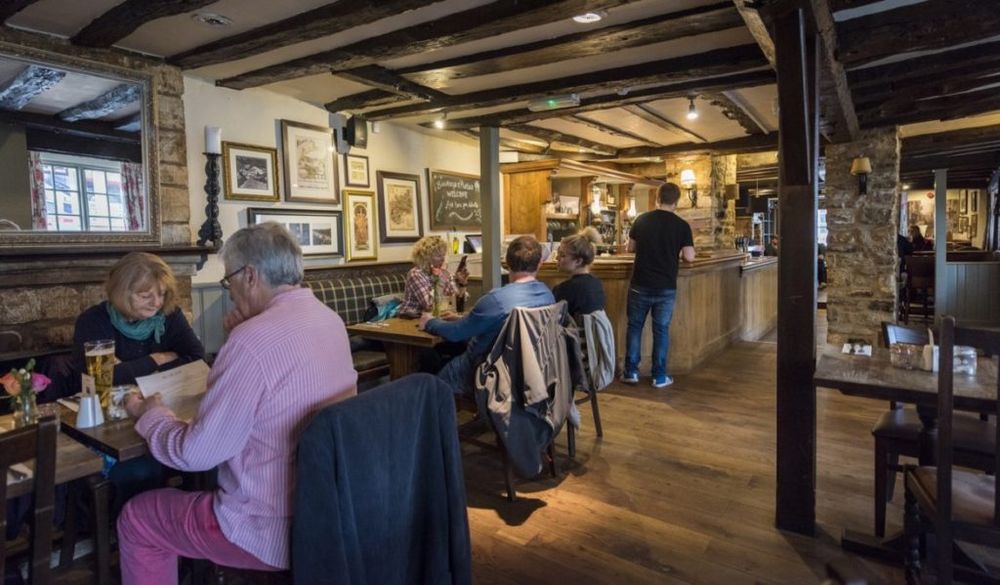
The ambitious plans for Butcombe’s pub business in the west of England meant Liberation Group needed the expert help of a national wine supplier
The pace of growth accelerated dramatically. The Butcombe estate, for example, doubled in 2017 with the acquisition of over 20 pubs. But with it came the challenge for the business and its individual pub teams to keep up and have the efficiencies in place to be able to supply them all with the right quality and range of beers, wines and spirits.
Which is when Bibendum entered the story in June 2019.
Working a treat
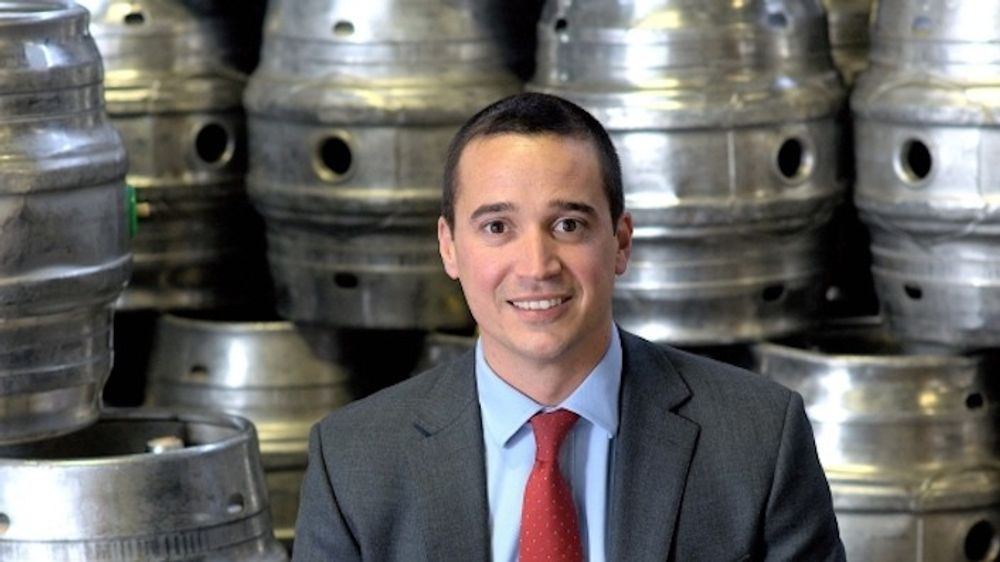
Finding a wine supplier that could feel part of its business was key for Jayson Perfect and Liberation Group
Nearly nine months on and it seems the partnership is working a treat. Jayson Perfect, managing director for pubs and Inns at the Liberation Group, goes as far as saying he does not see Bibendum as a separate, standalone supplier
“It feels like we are working together as one business. Not like they are a supplier or operator working for us,” he said. “That synergy was really important to us.”
Which must be music to the ears of the Bibendum team that works so closely with them.
Fred Vanderplank, the Liberation Group’s commercial director, said it was particularly important for them to be able to work with a business of the stature and scale of Bibendum as it needed a major supplier who could really help it push forward with an increased growth strategy.
Particularly its strategy to make Butcombe the leading brewery and pub company in the West Country. A plan that has seen it double Butcombe’s pub estate in the last four years with a longer term ambition to own approximately 200 pubs.
There are now 21 managed pubs and 22 tenanted pubs in the Butcombe estate stretching across the West Country, Somerset and into the Cotswolds,compared to 19 when Liberation bought the business in 2015.
“We have a very diverse portfolio,” said Vanderplank. “It was important for us to ensure that we could introduce consistency of wine menus across our managed estate whilst being mindful of each pub’s inidividuality”
All the work behind the scenes is now being recognised. Winning the Best Food Offer in the 2019 Publican Awards was a testament to the progress that has been made in the managed estate, said Vanderplank.
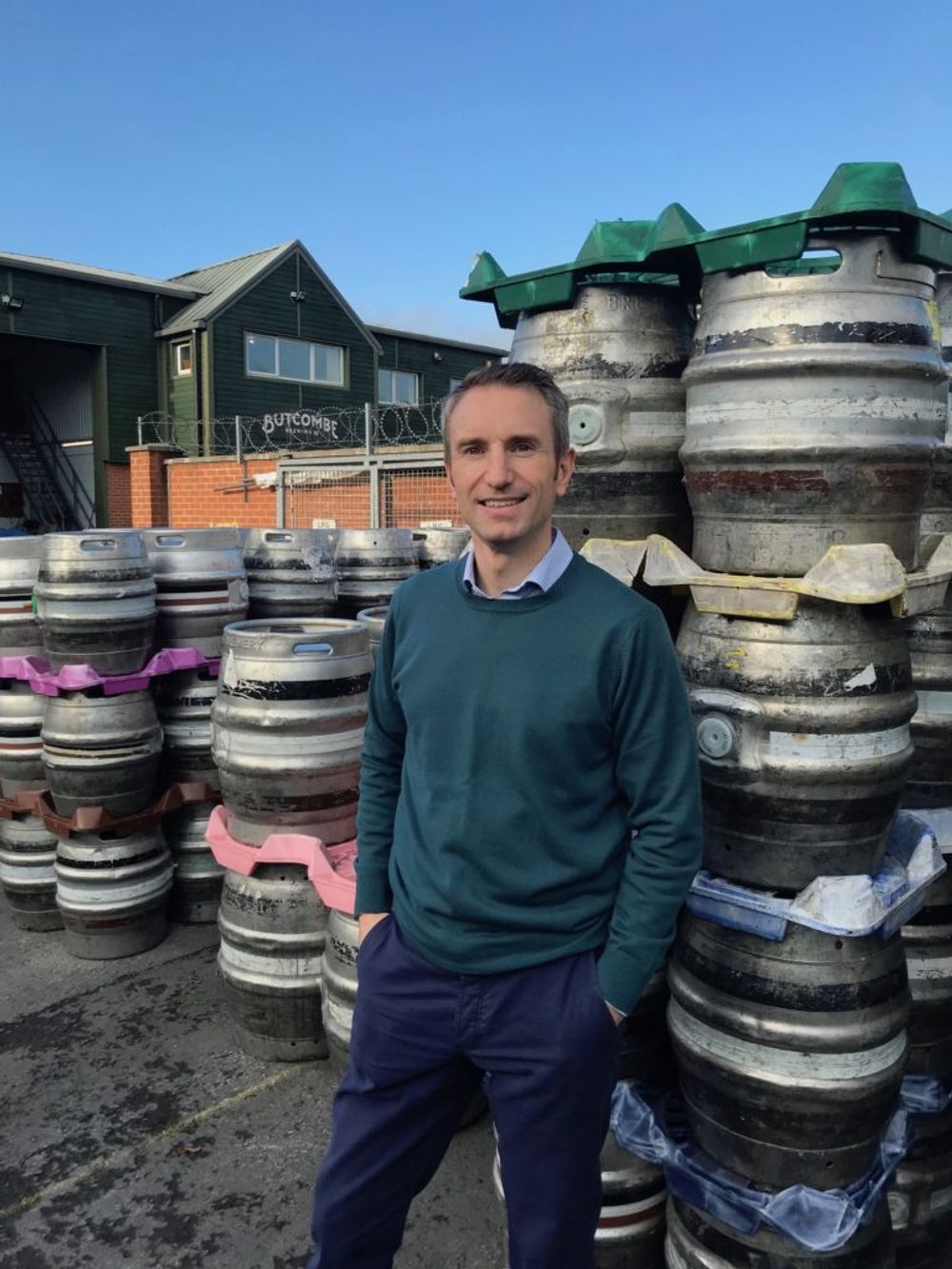
Liberation’s Vanderplank says the ambition is to grow Butcombe to 200 pubs
It’s all in the data
For Bibendum’s part working with such a diverse portfolio and range of different type of pubs, both managed and tenanted, has really allowed it to be able to use its full suite of data analytics to determine the right wine and drinks offer per outlet, explained Marcus Rann, Bibendum’s account manager for Butcombe.
Which has meant looking at each pub on its own and then assessing its clientele against a local chimney pot analysis of the local community to make sure its drinks and food offer is right.
All the behind the scenes number crunching has culminated in individual drinks menus and lists being created for each of the Butcombe pubs – 37 in total – which went live last October.
Having that individual approach for what is such a diverse group of pubs was what swung Butcombe’s decision to work with Bibendum, said Perfect.
“It is hard to get consistency when you have got multiple suppliers,” he said. “You end up doing a lot of your own work in house to make up. To put all the insights together from what different suppliers are giving you. What Bibendum has been allowed us to do is consolidate our business with them.”
But why Bibendum particularly considering there are a fair few national distributors to work with?
“It was their track record,” added Perfect, “but also their total coverage and how they could help us right across our business from the ranging, the insights, the wine list designs, the food and wine menus and then the staff training.”
“In the past all of that has been quite bitty. We have had parts of it, but not one supplier wanted to do all of it,” he added.
It’s that overall “support that Bibendum gives us” that has been crucial, said Perfect. ‘The segmentation work across our group has been really important.”
“It’s also an ongoing process,” added Rann. “It’s something we are still working on and will continue to do so. Looking at different size wine lists based on the needs of individual pubs.”
To do so involves a “deep dive analysis of the pub’s EPOS data” which can then be supplemented with Bibendum’s overall data analytics gleaned from its universe of customers across the country.
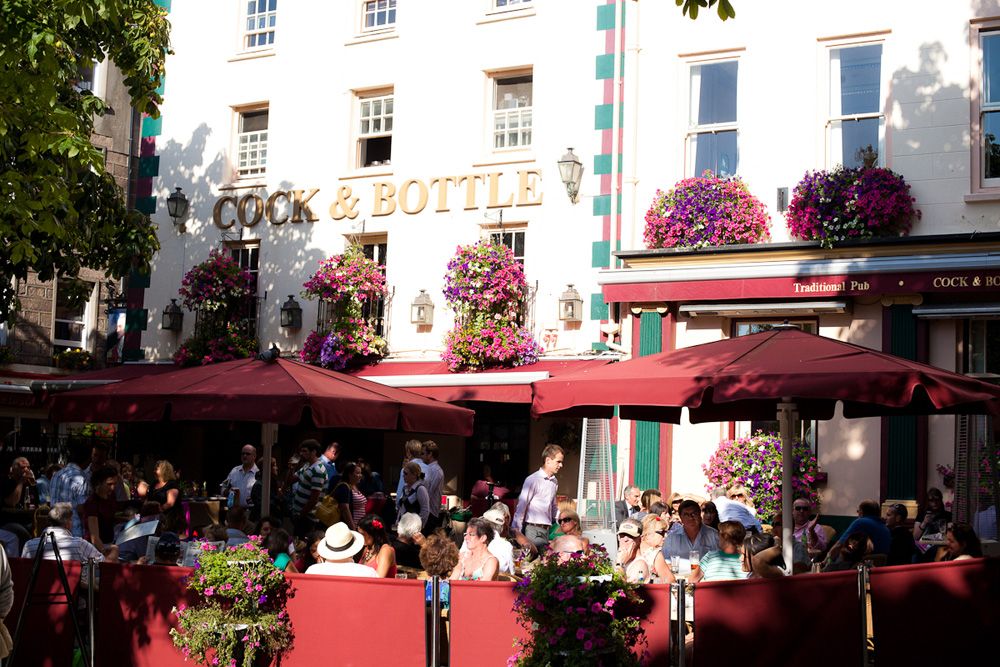
The Liberation Group covers a wide range of businesses from brewing, pubs, retail to wholesale
Improving where it can
It also does not assume Bibendum needs to come in with an entirely different approach, stresses Rann.
“We can look at what has been selling and where thing have been done well in the past and then look at what we can improve,” he explains. ‘That’s when we can start to pull together ranges that are maximising the profits from the wines and prices on the list.”
Which is also where the pub’s demographics come into play to ensure the prices being offered match up to the expectations of local customers and how much they are likely to trade up on a bottle of wine in a pub with or without food.
The focus, he added, is all about being able to offer the best quality for value ratio for any wine on the list. So it might be decided that £22 is the sweet spot to sell aChilean Sauvignon Blanc on a particular list. The key is to then work with Bibendum’s wine buyers and wine development teams to find the best quality £22 Chilean Sauvignon Blanc in the Bibendum portfolio.
Where possible Bibendum has also been able to group together similar pubs in terms of customers and the food and drink they are offered. But even if the wine list in those pubs might be the same, how they are presented will be different as each pub has its own personalised menu design and look and feel to match the individual characteristics of that pub, explained Rann.
Bibendum is also looking to create bespoke lists for Butcombe’s tenanted pubs.
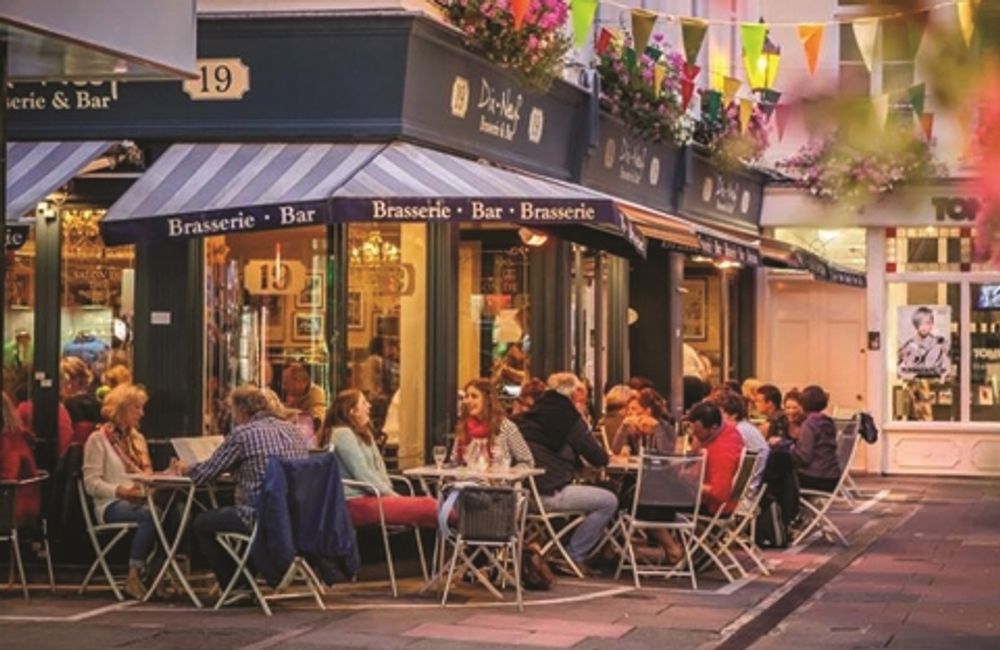
It’s not just traditional pubs but a wide range of bars and brasseries that Liberation has
By the glass
Having the right by the glass range is arguably more important for Butcombe than its main list. Particularly as Rann claims 70% of the wine volume sold in an average pub is by the glass.
Here, again, it is important to get the right percentage margins right on the glass sizes being offered, and for the staff to recognise which wines by the glass will deliver the pub the best profit margin.
The key, claimed Rann, is to not put all your wines by the glass in one area of the list, but to highlight them in different “hotspots” (top right or centre) as it will make the customer read and look at the full list.
“We have lots of intelligence in this area to look at that helps us drive sales towards the wines we want to sell on a list,” he added. “How you signpost a wine on a list is so important.”
Service is also just as important in a pub as it is in a restaurant, so Bibendum has also been working with Liberation and Butcombe on having the right type of glassware in different types of pub. Which outlets are better suited to using more premium glassware. Get it right and you can push sales of more premium wines up, and entry level wines down.
Segmenting your training
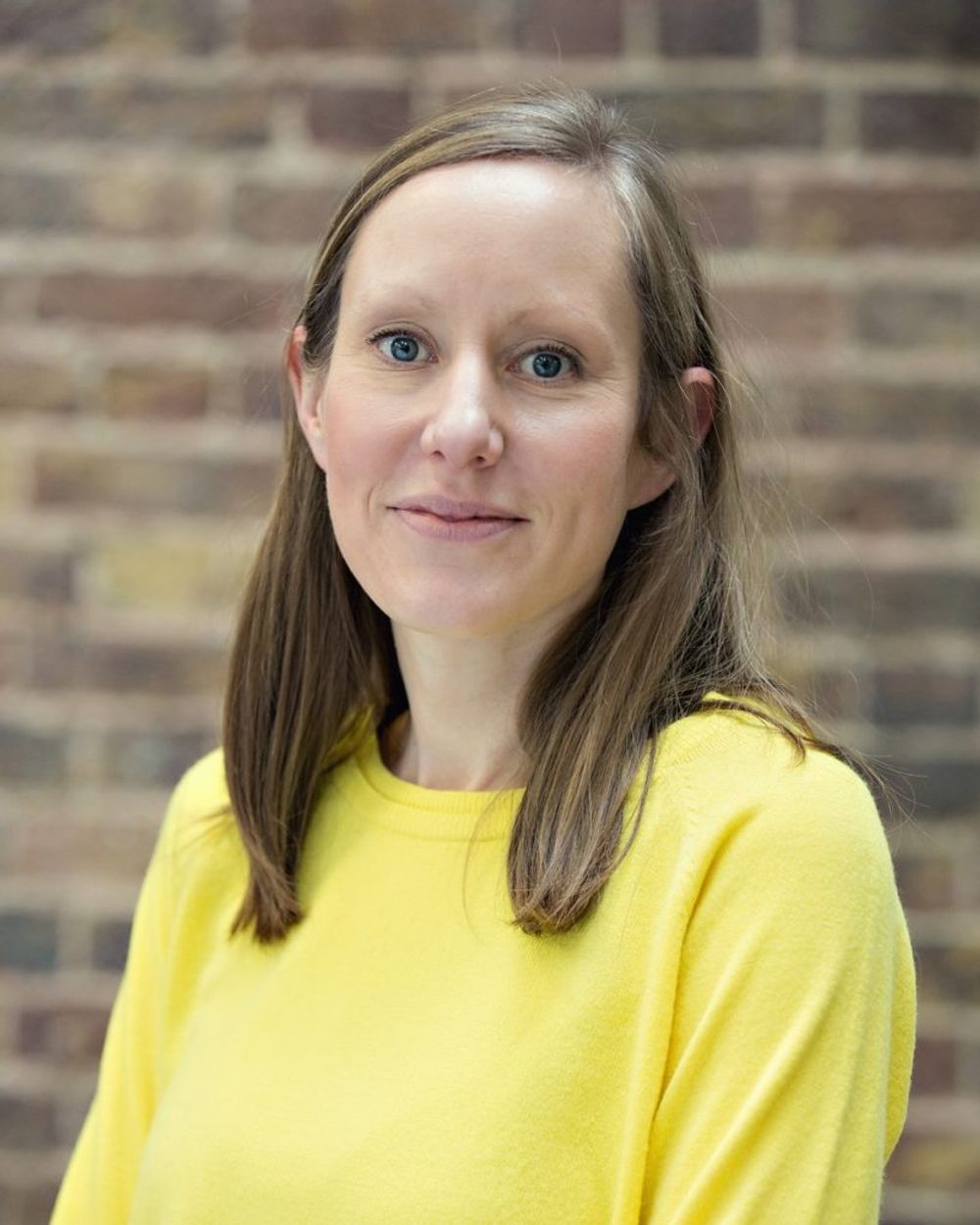
Amanda Willsher has headed up the training for the Liberation Group business
Once you have your wine range, list, and glassware right then the focus needs to switch to how you train your staff to bring it all together, said Amanda Willsher, wine educator for Bibendum who has personally worked on the Butcombe and Liberation accounts.
Interestingly her approach to training is not to offer a one size for all approach, but to follow the same “segmentation” disciplines for its staff as Bibendum applies to the estate.
After all the ultimate goal is to give staff the confidence to talk about and sell wine in the type of outlet they are working in.
“We did train by segment but the reality is that each segment comprises a mix of venue type (eg Jersey and Guernsey are each a segment but venue types range from wet-led pubs to hotels with restaurants) so training by segment doesn’t address the differences in sites,” explained Willsher.
“It’s more around the expectation of what each ‘Wine Champion’ will go and do back at their site. If you work in a food-led pub you will be expected to train your colleagues in food and wine. If it’s wet-led you could be thinking more about opportunities to talk about wine and encouraging guests to try wines up the list.”
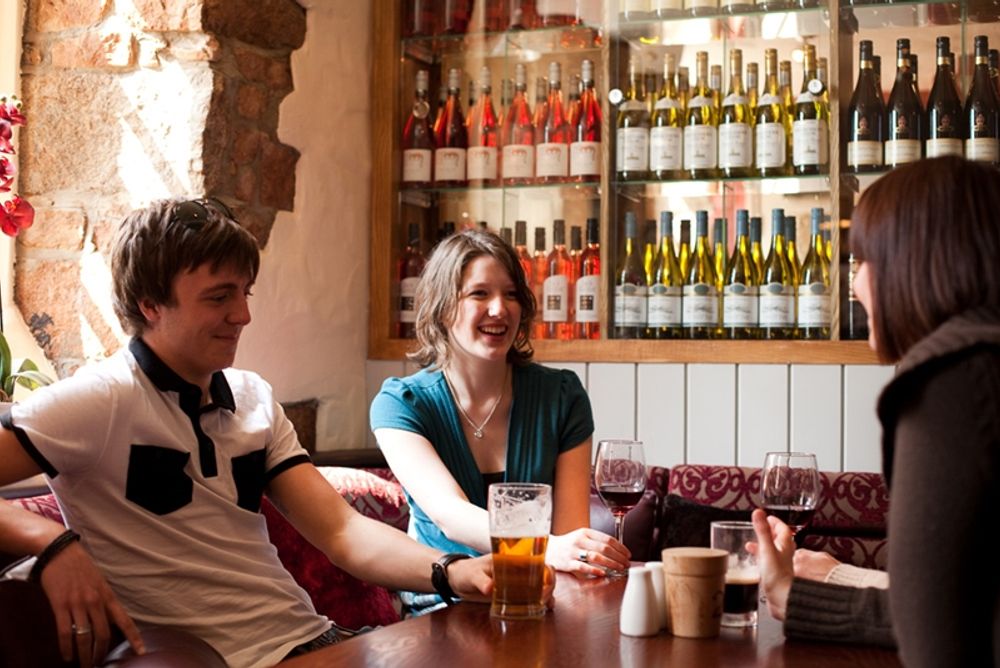
Having confidence to sell a wider range of quality wines is part of Bibendum’s training strategy for the Liberation Group
She added: “In the workshops I signpost this and make sure the different venue types are aware of this. Also different venue type and size will determine how they will train their teams. Some Wine Champs have large sites and will run group sessions whilst some are small and it’s very much on the job learning.”
Perfect said the approach Bibendum has taken to training has really helped deliver the results they were looking for as a group, but driven by the individual performances of each outlet.
“Before our wine training and been too ad hoc. Now it feels like we are all on the same journey, improving our knowledge and buildingour confidence in wine. With time we can build even more on that and get even better on how we execute our training when it comes to selling wine.”
Again it comes back to consistency, and in this case consistency of performance where each pub is operating to the best of its ability and to do that the individual staff training for each outlet has to be spot on.
To do so Willsher has introduced what she calls a “wine champion” at each pub. Someone who has shown a natural ability to lead the wine message in each outlet and be the one to drive and encourage everyone to get involved.
She has also run a series of wine workshops, in the UK and in the Channel Islands, to offer a more group approach to training.
“Having the full support of the senior management team has been excellent,” she said. “It’s all about building confidence and how you can pass your knowledge on to your teams. We are always looking at how we can learn and adapt our training as well as there is a lot for the teams to take on board.”
“We have been able to look at the demographics of each site and then add more wine to their lists as a result,” said Perfect.
More ambitious wine list
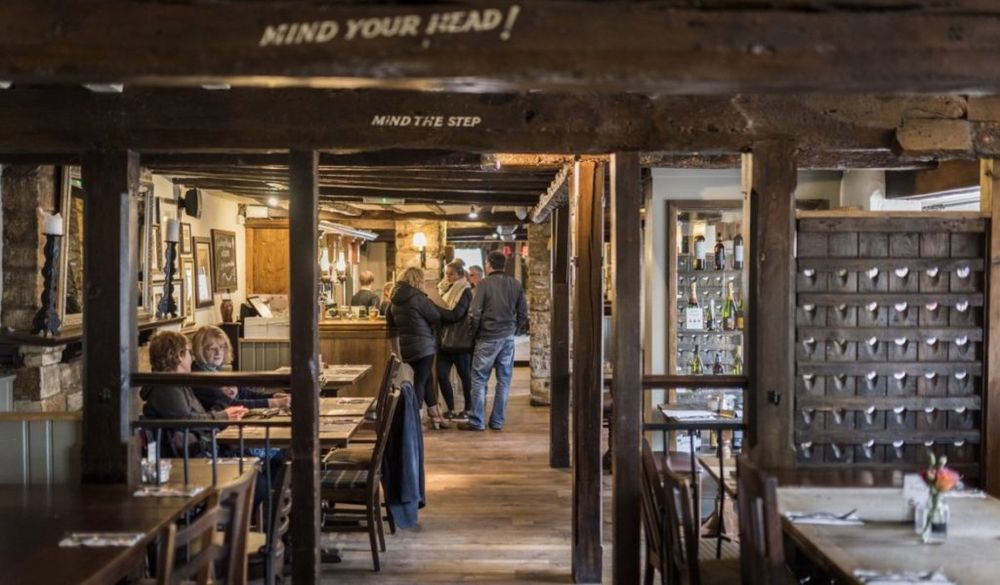
Creating destination food and wine pubs is very much the ambition for Butcombe
But in order to “engineer that’ also means having a confident enough team in each site to sell a more ambitious wine list. Get it right and you have the profitable cycle of higher volumes of better value wine being sold.
“It then means our customers are continually happy to spend a little more money when they come to us,” said Perfect.
He cites Argentine Malbec as a classic example. Whilst on the one hand it has been a “saving grace” for the pub trade in terms of how popular it has become, it’s also become hard to get customers to pay more than £20 for a bottle. Bu thanks to the overall better wine offer, improved service and training it is now able to start selling Argentine Malbec at £25 a bottle.
“It’s being able to maximise the value of each wine category on each wine list,” he said.
The Butcombe team, he said, had been well trained by Bibendum in the importance of “laddering” and “being able to persuade customers to move up the ladder” on a wine list.
“It’s an on-going process,” stressed Willsher, who will also be looking to introduce more e-learning modules and ways for the team members to learn at their own pace. “We need to be flexible and look at how people are working and what is going to motivate them as well.”
She likens group wine training as like being in a general fitness or aerobics class where you have people with all different levels of fitness and reasons for being there.
“The key is to challenge and educate people without leaving anyone behind,” explained. “To create a culture of wine in a company you need to have someone in every pub who can talk about wine little but often.”
Bibendum’s group but also individual approach to training has been particularly relevant for the Butcombe business, said Perfect, because it had acquired so many sites in such a short period of time. Which has meant bringing a wide range of people with different skills sets into the company.
“Having a wine champion in each business has been fantastic. It’s been great to see how that has been passed on to our customers,” added Perfect.
Next steps
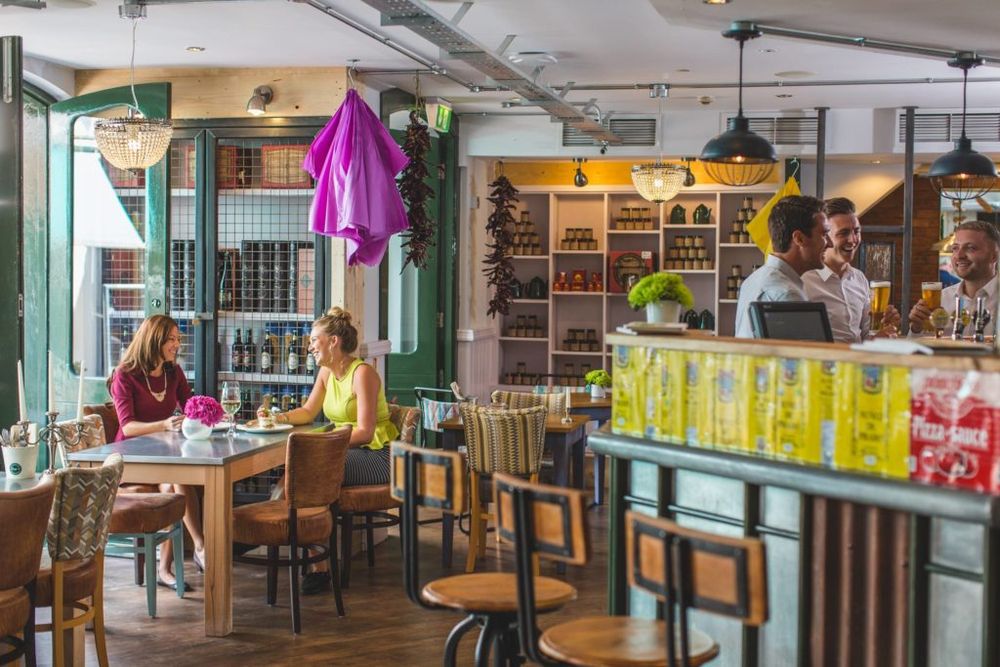
Creating different atmospheres for drinking and eating occasions is part of the growth strategy
“We have not got it all right on the first attempt,” said Rann, in terms of introducing new wine lists and menus, “but we have already seen some very good results and ways we can improve the segmentation and bring more excitement to the lists.”
Thirteen weeks after introducing the new wine menus across the group the average margin is up by 3.2% and average selling price of a bottle of a wine is up £3.15, with overall like-for-like wine volume up 1.4%.
The wine lists range from just six wines to a list of 60, with prices stretching from £16 a bottle up to £100.
The next steps will be to do a similar job with Butcombe’s spirits range and to introduce new, enhanced menus in the spring to cover summer drinks and cocktails.
Perfect added: “We have seen massive step changes in the wines we now have to sell. We have more wines from England, from Uruguay, even Brazil and China. It’s exciting.”
Finally he reflects on what makes a good drinks supplier: “It’s about teamwork. As I say it does not feel like we are two separate businesses. We are both working together for the benefit of our customers and that has been vitally important to us.”


